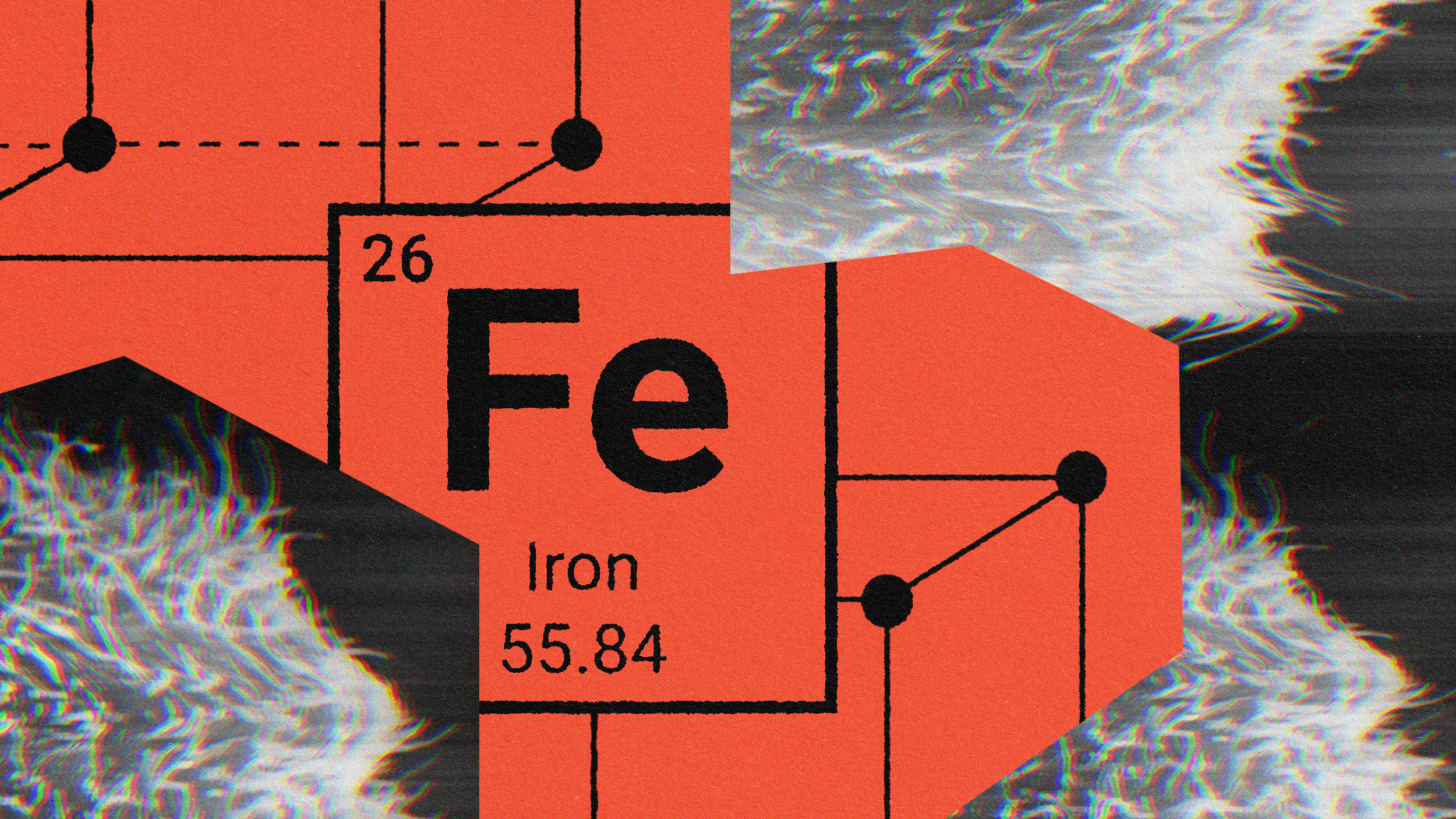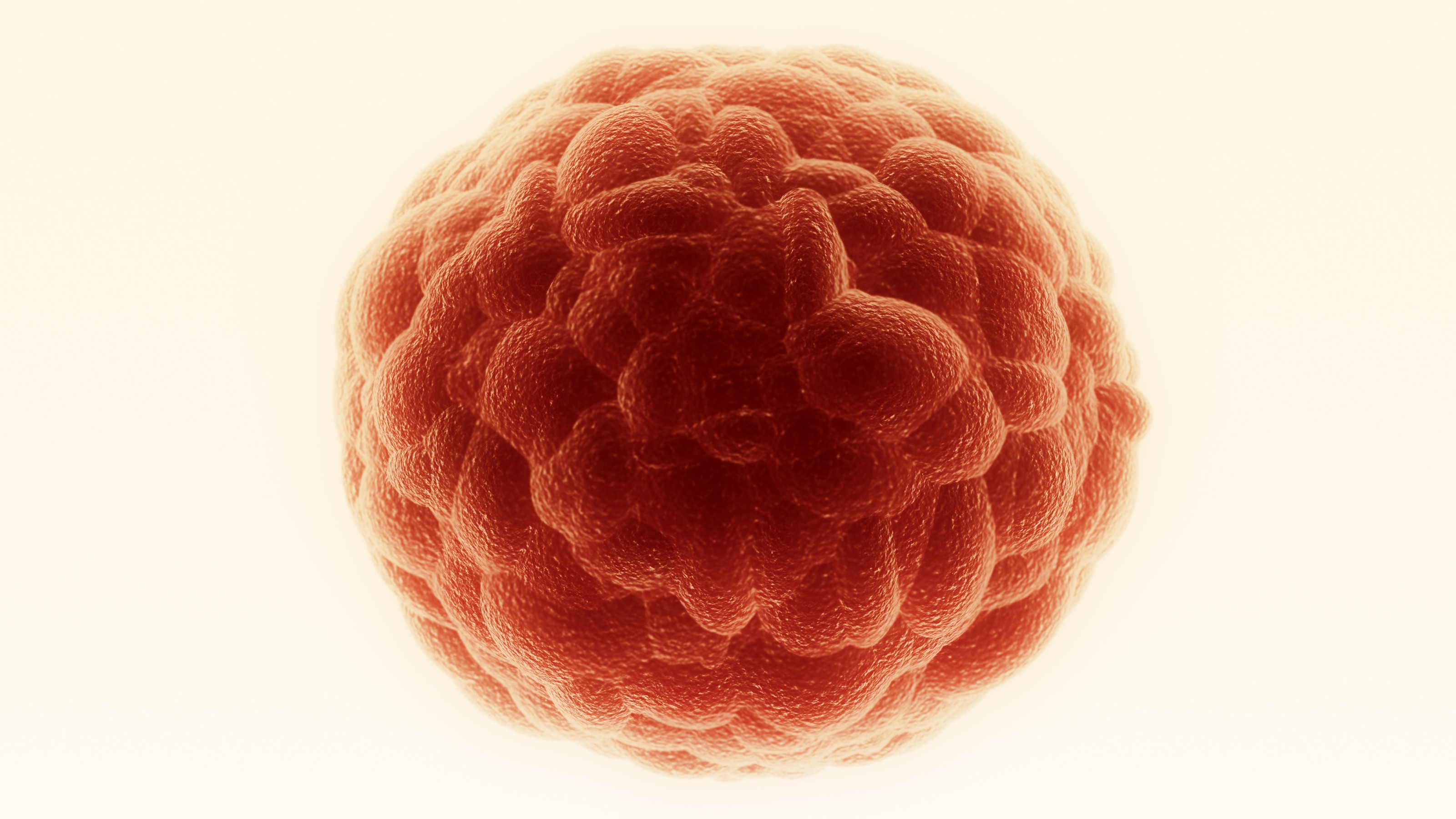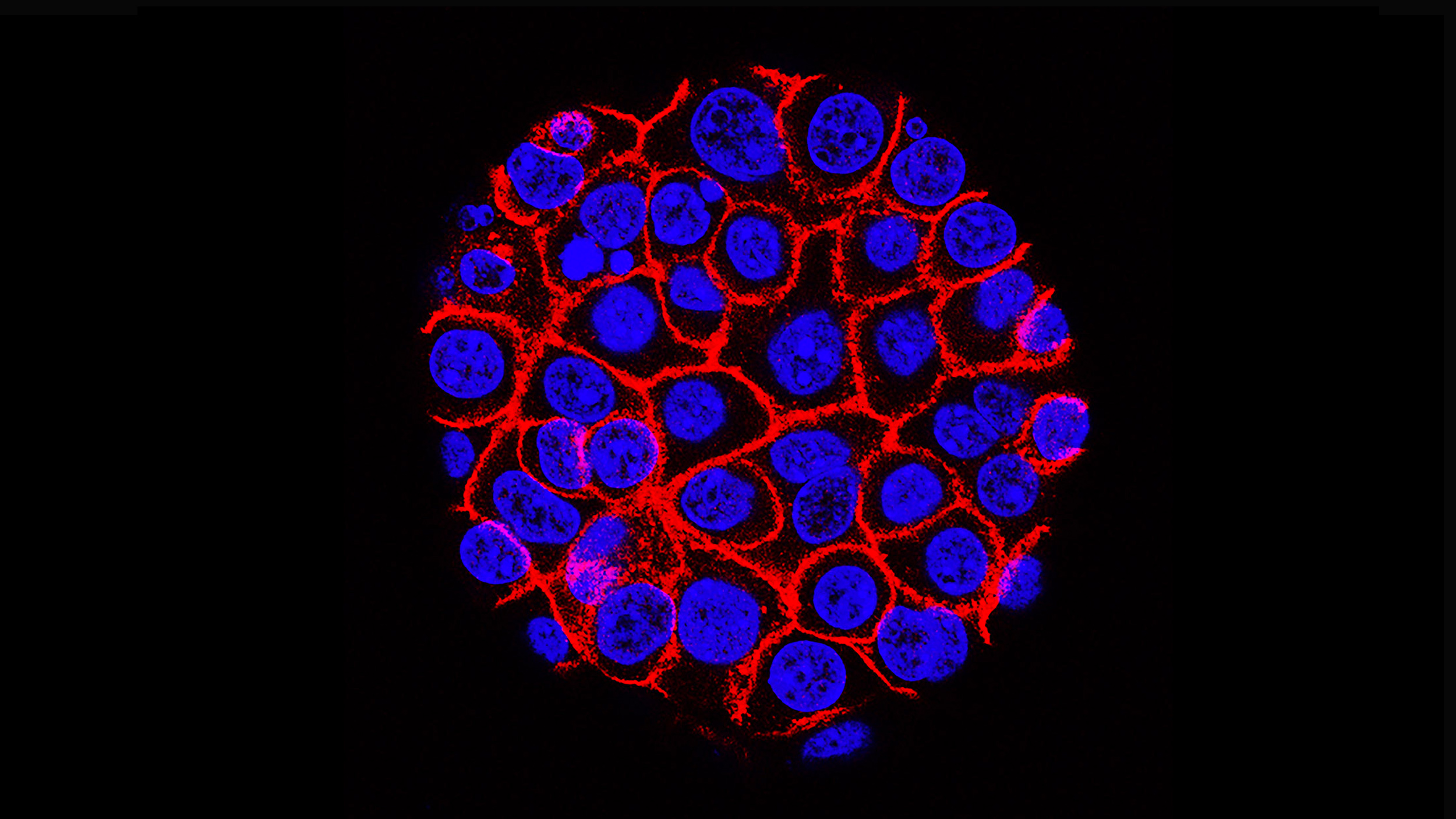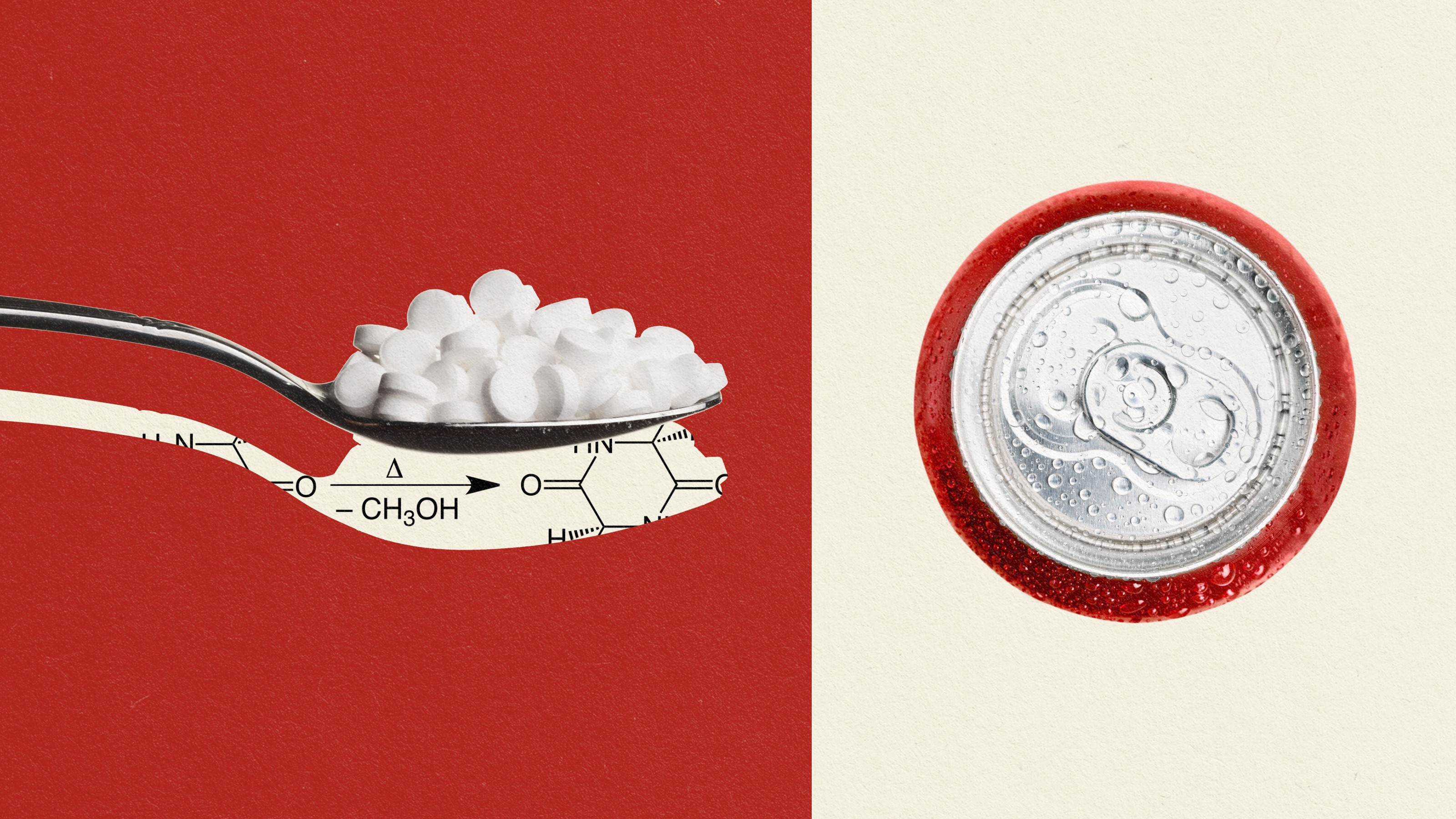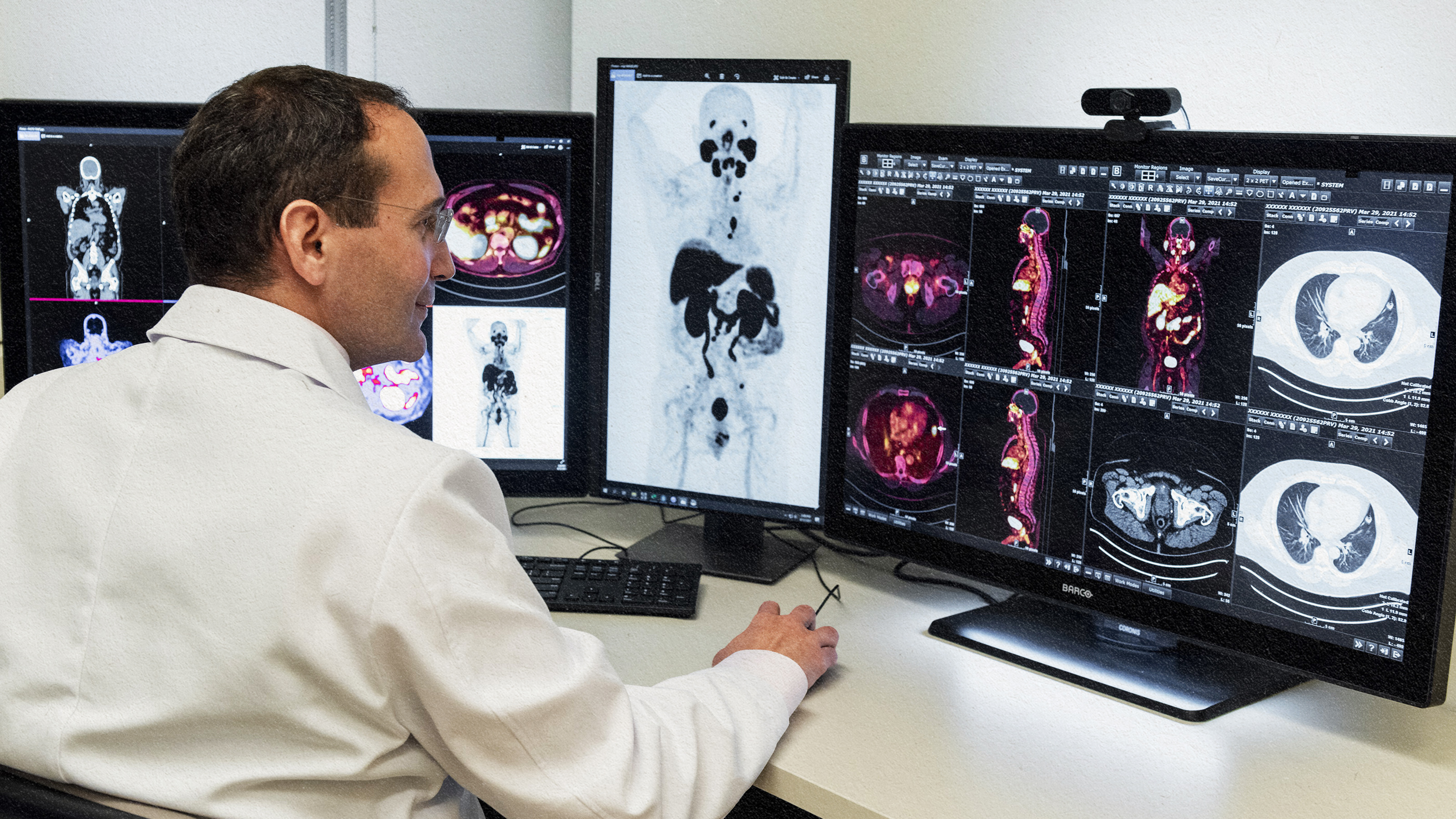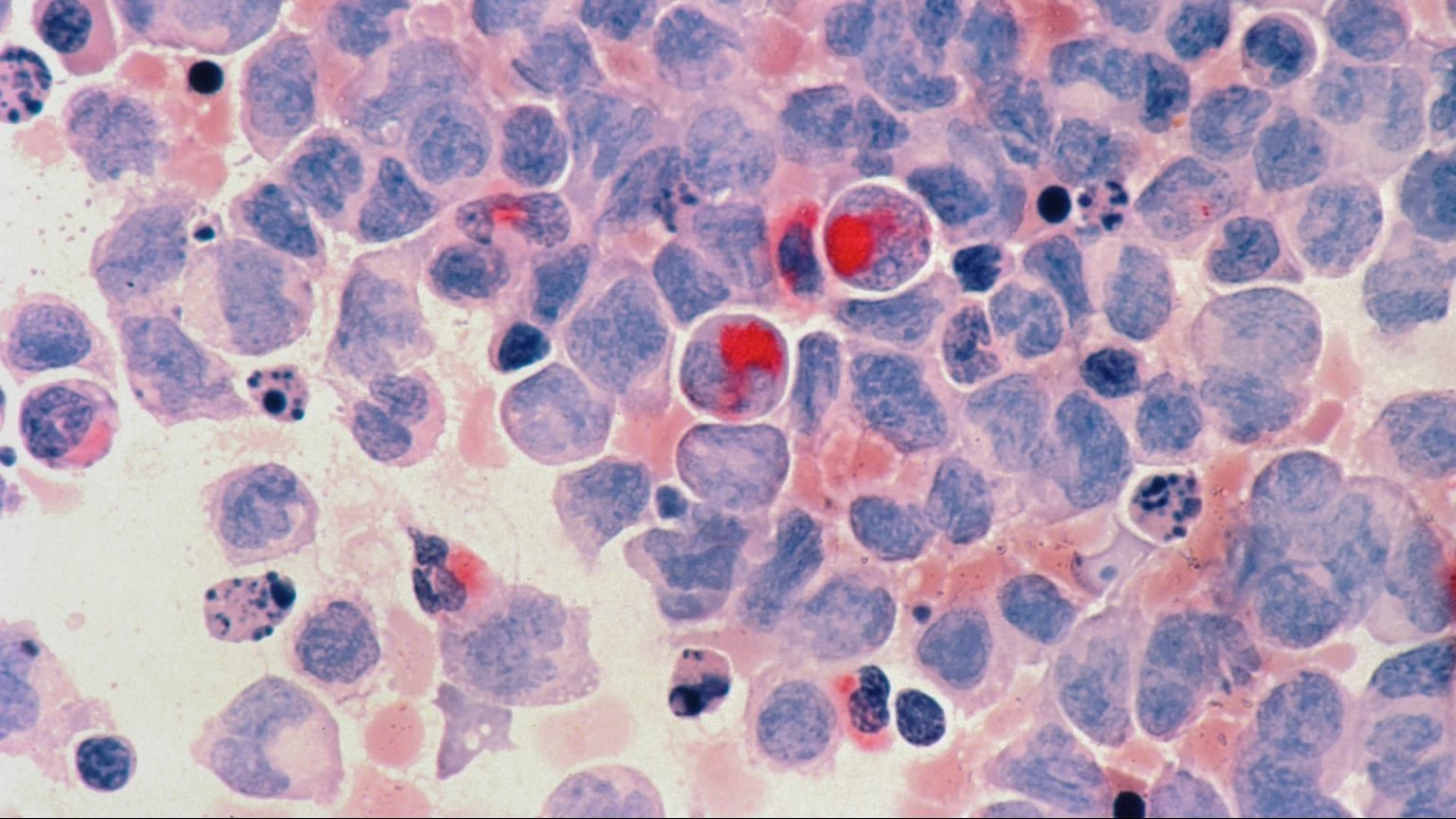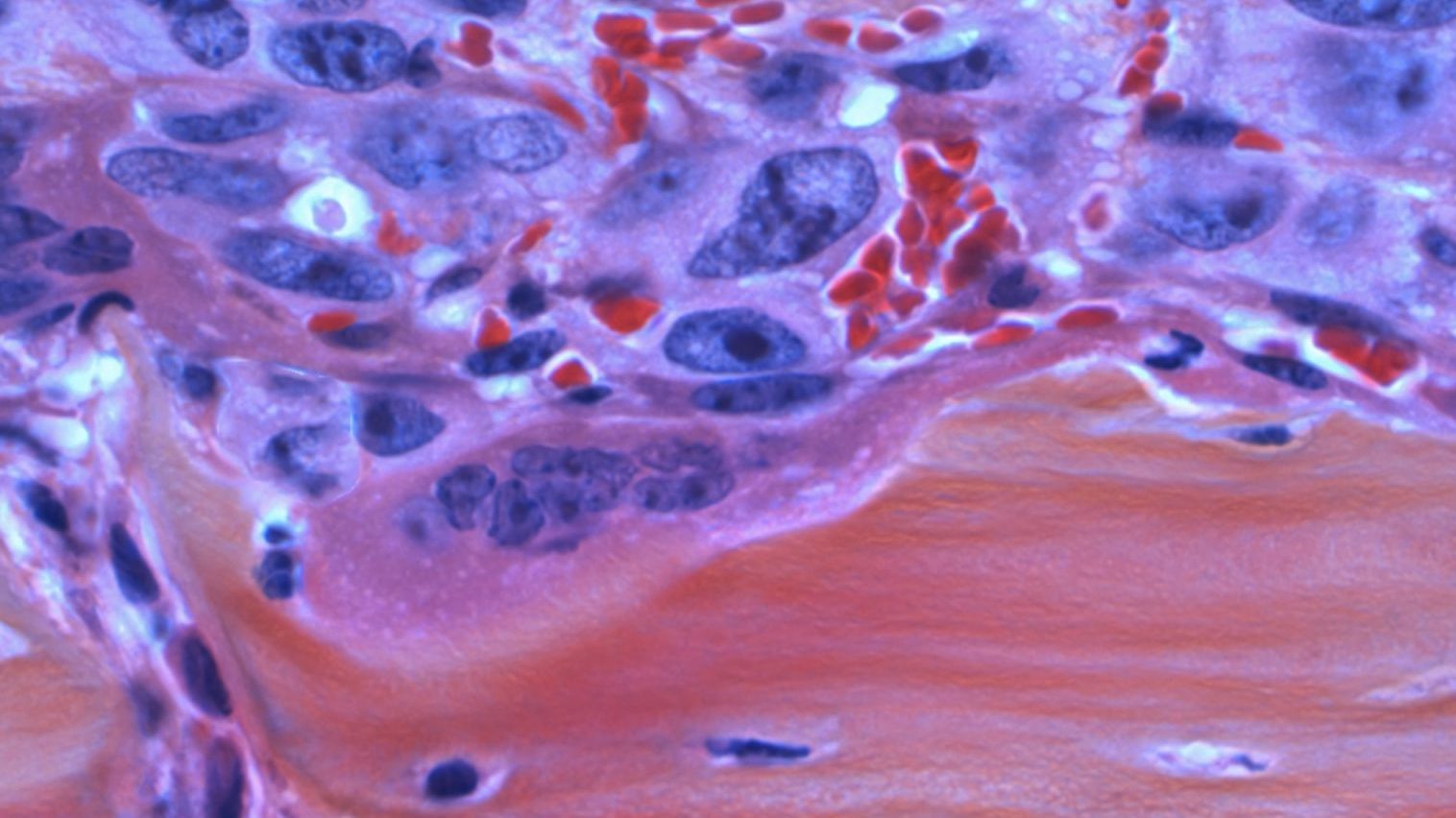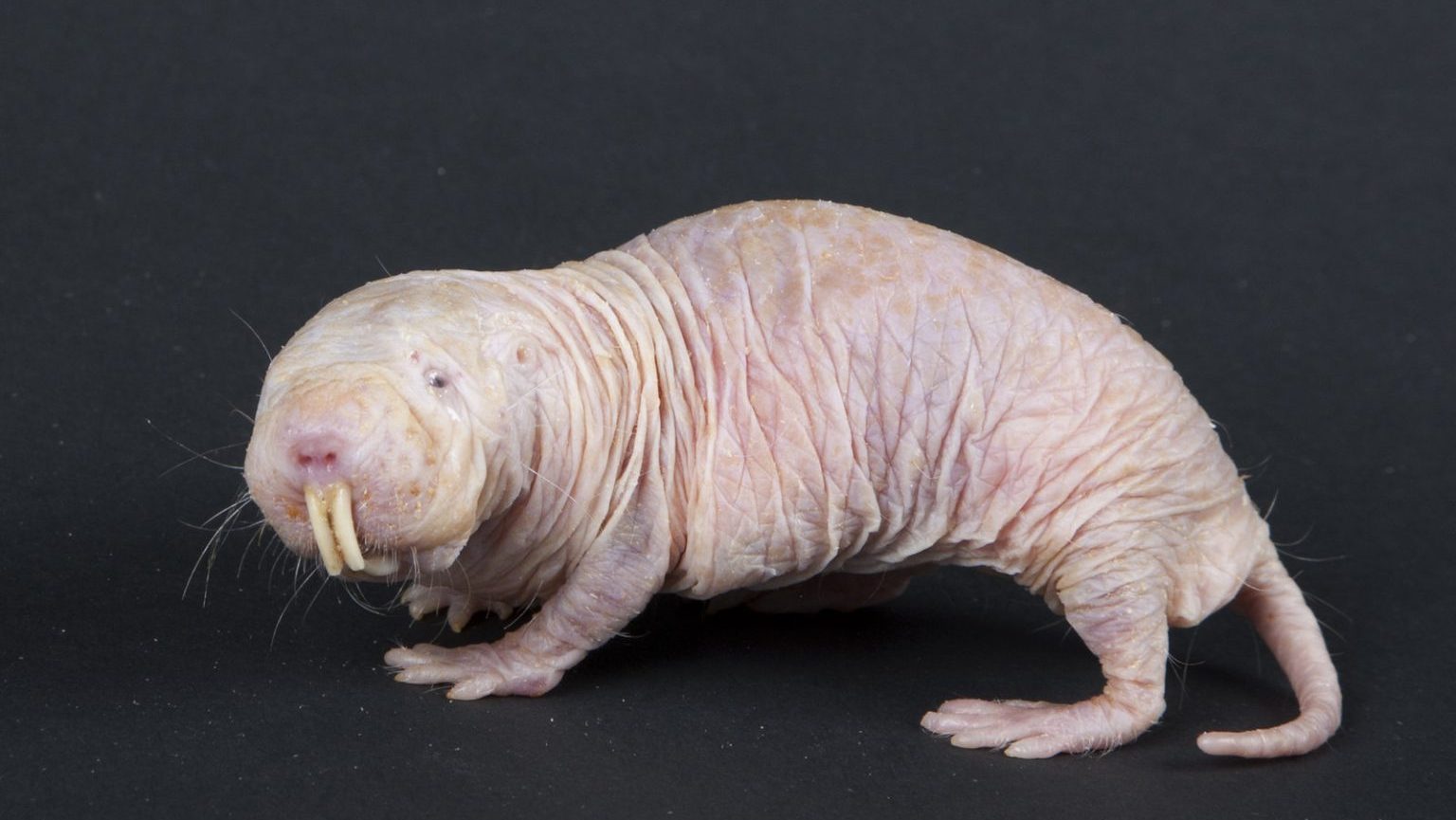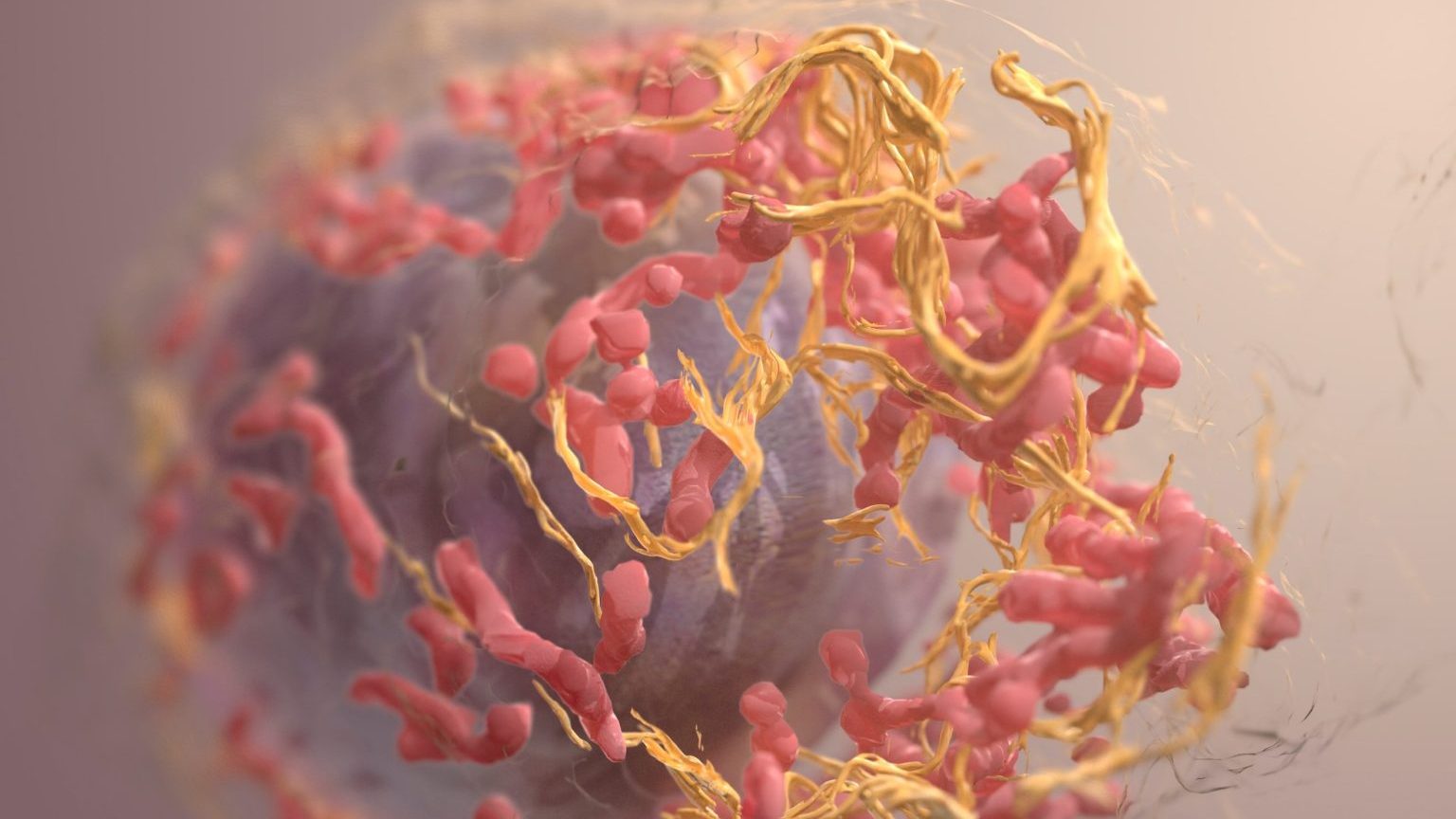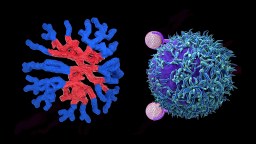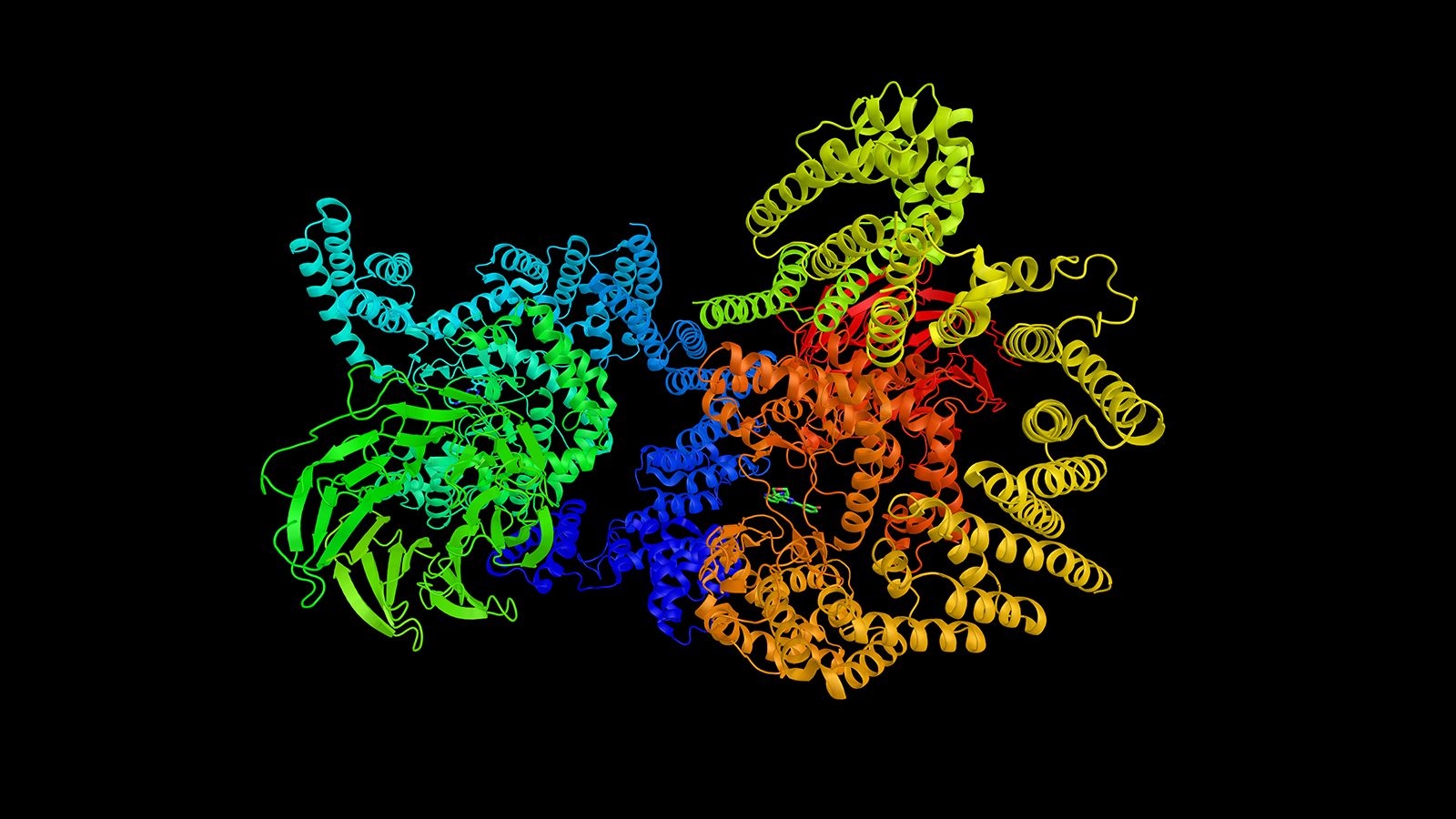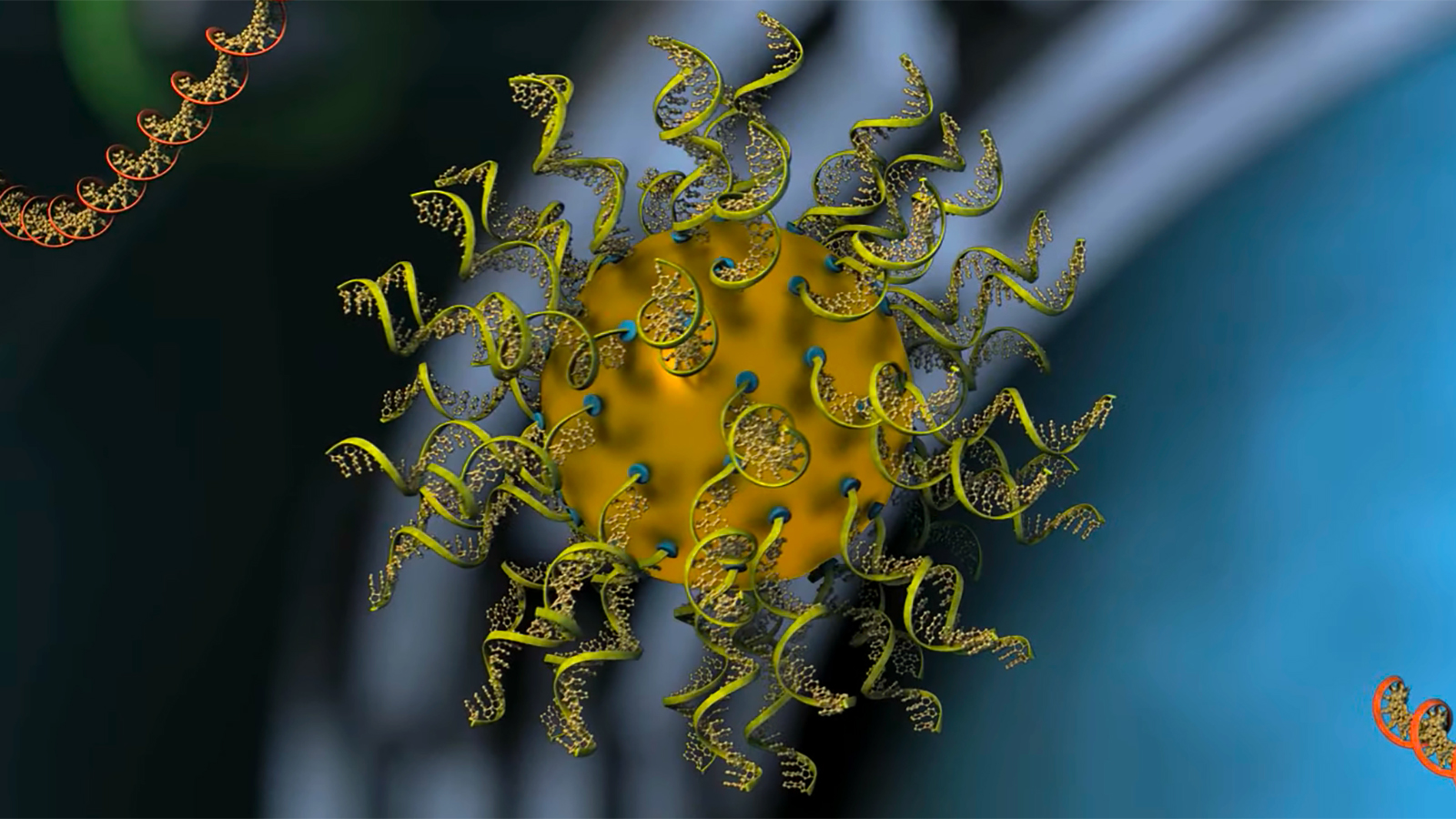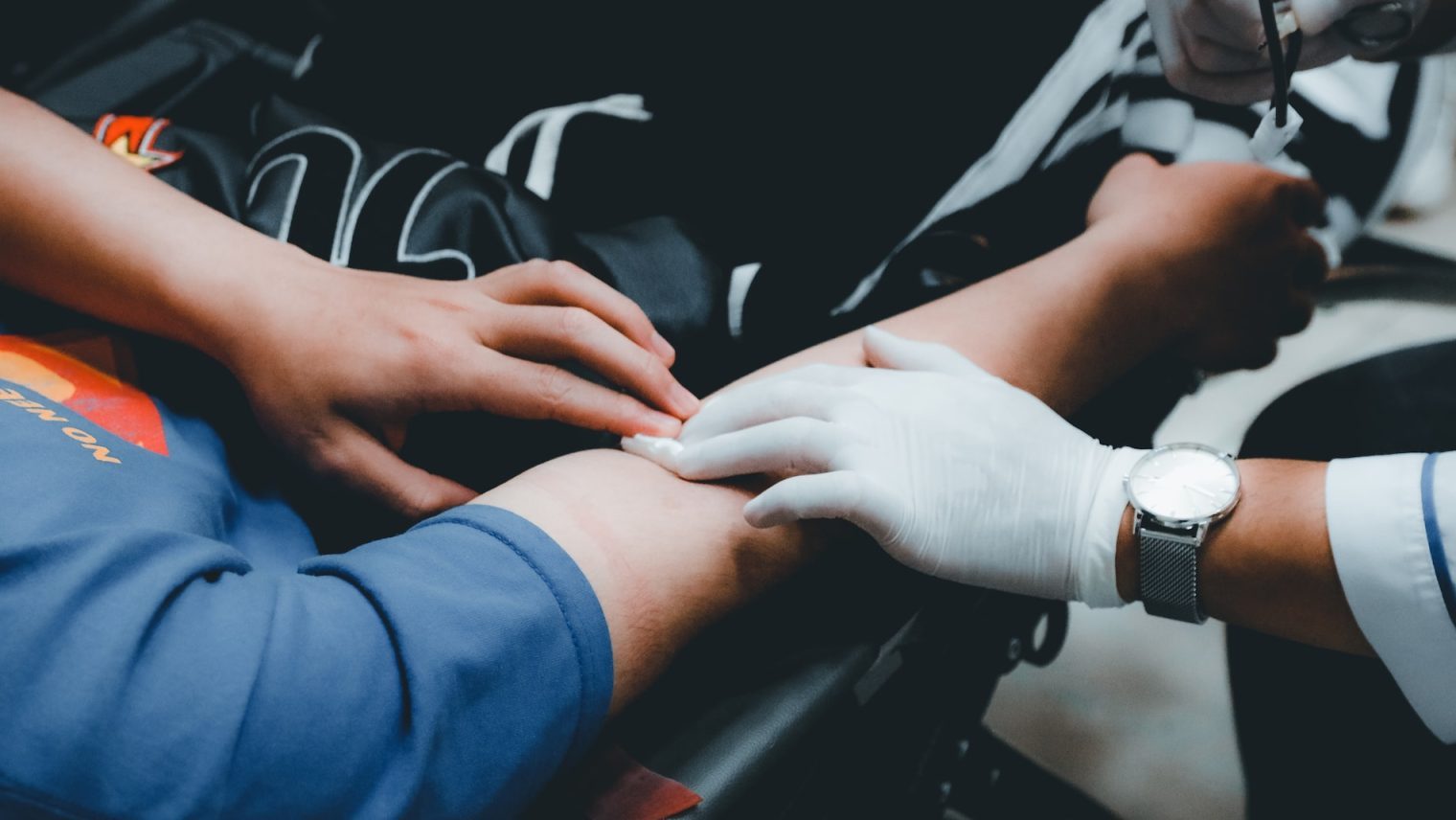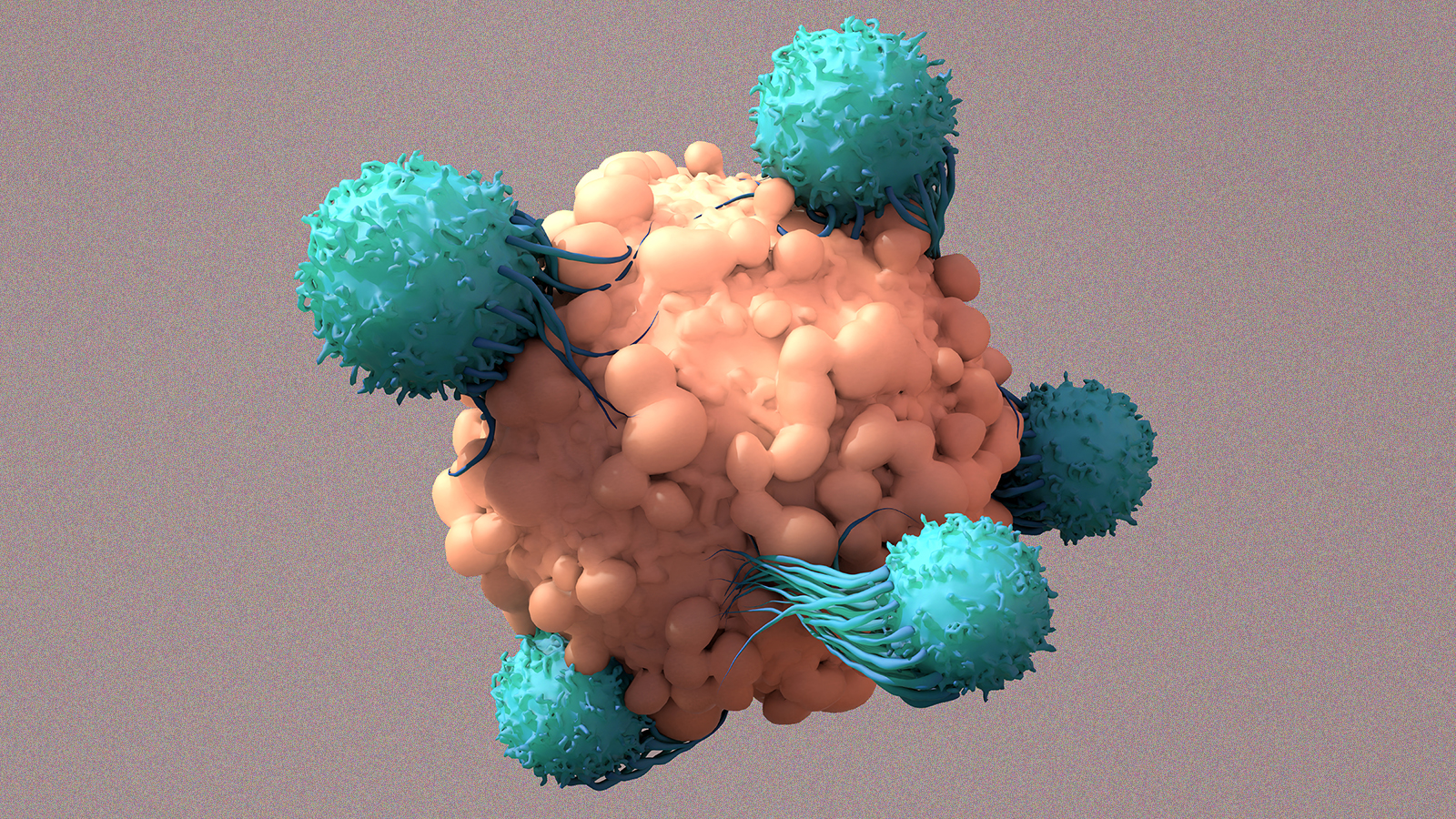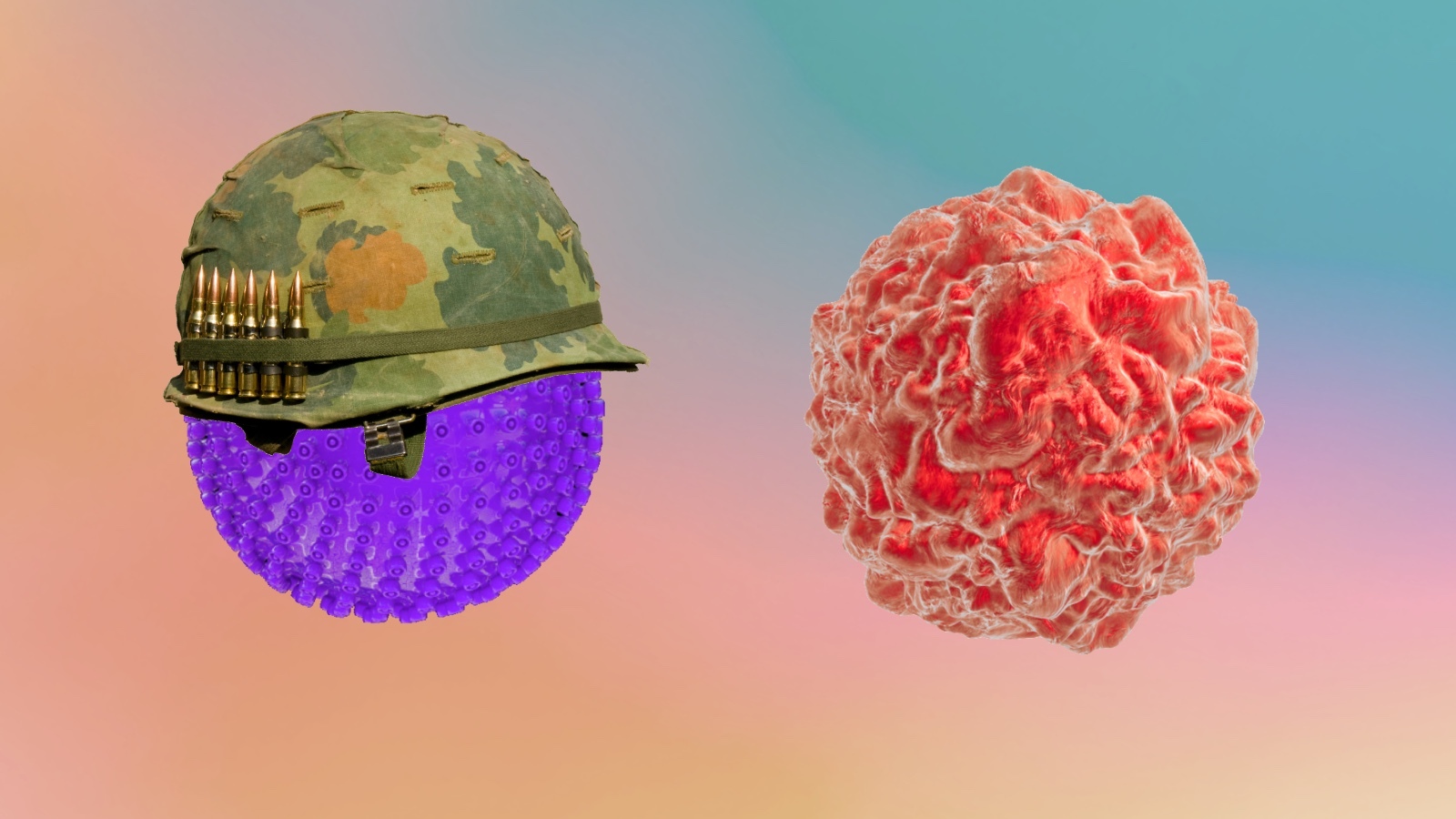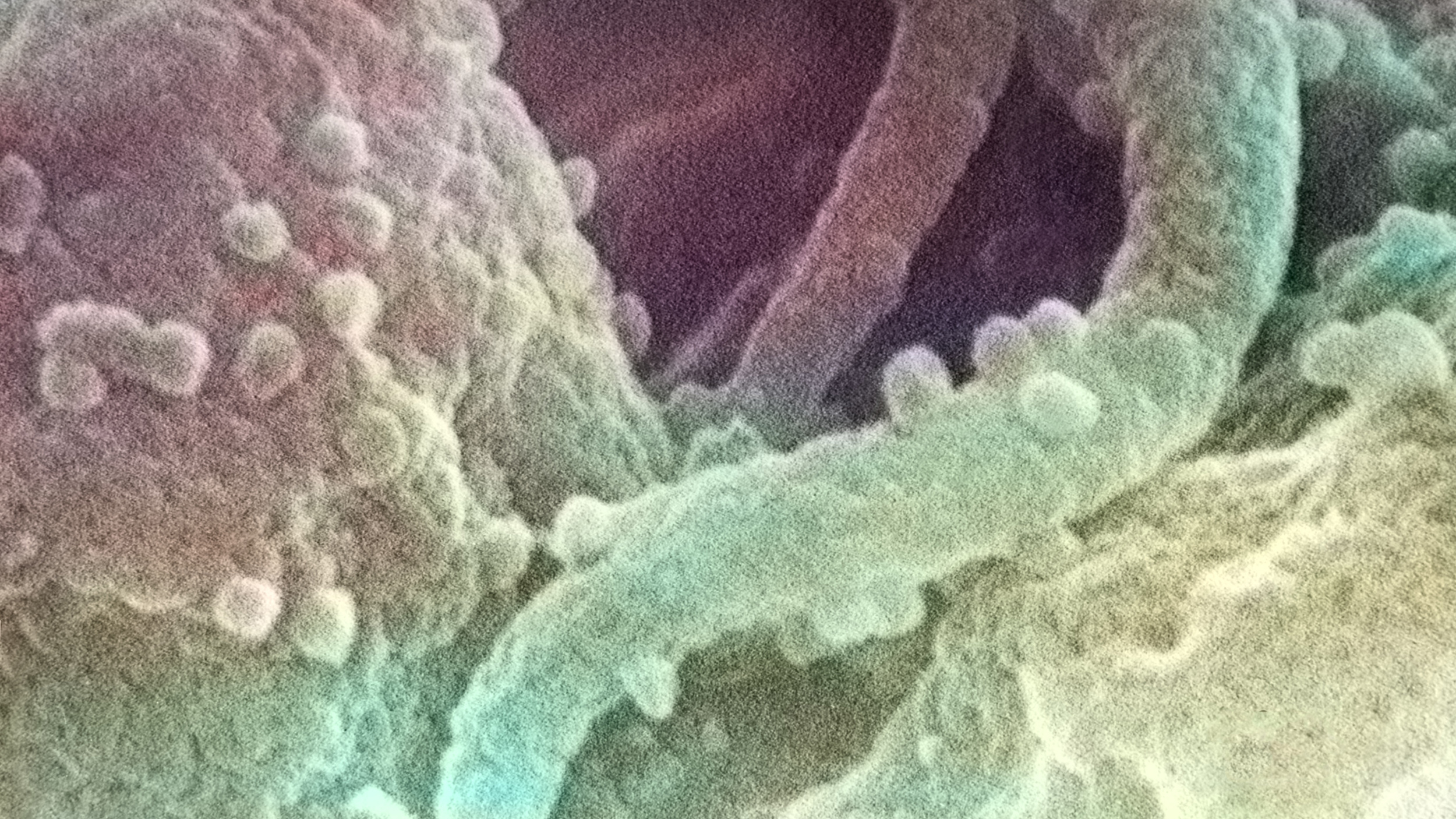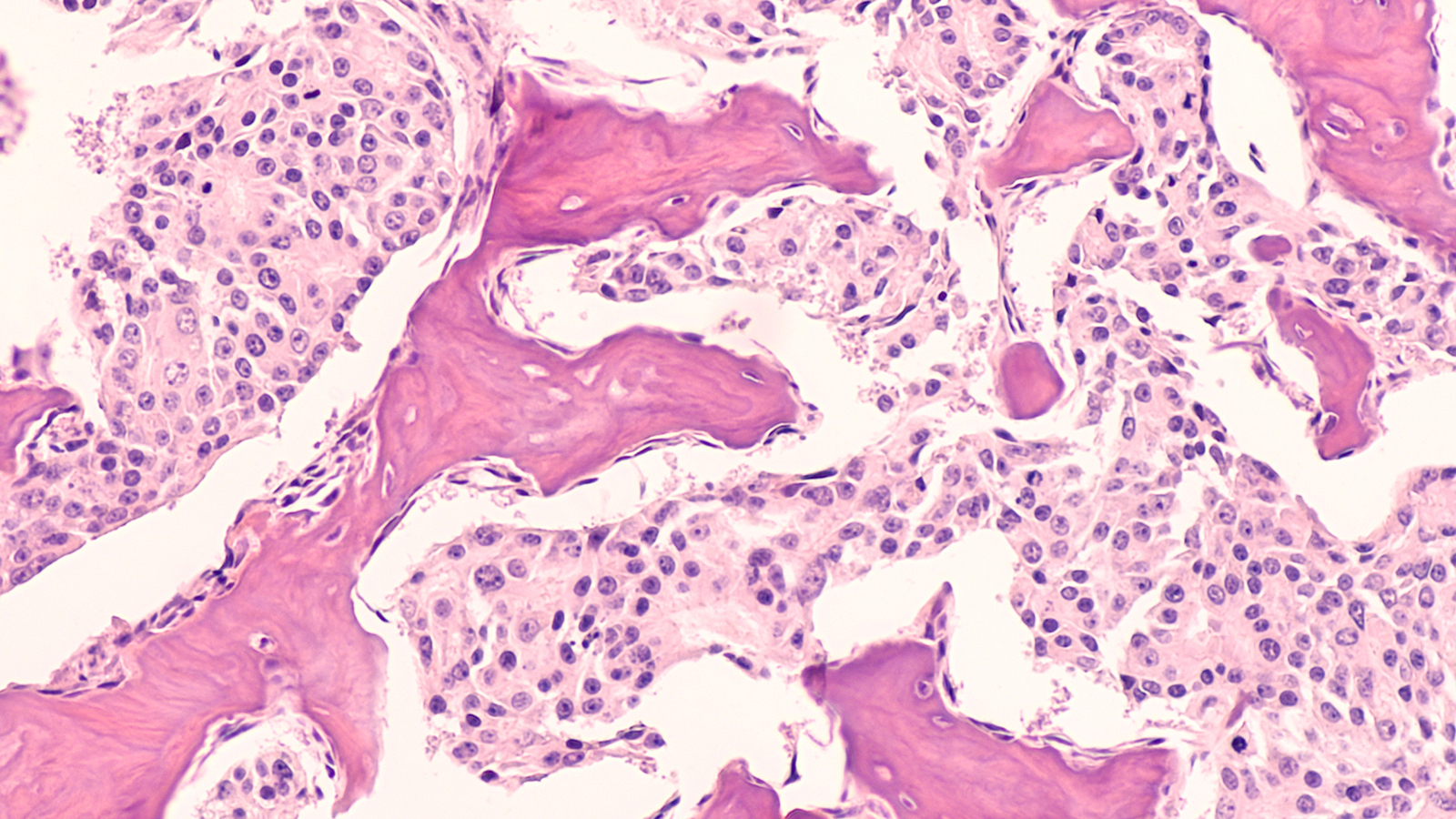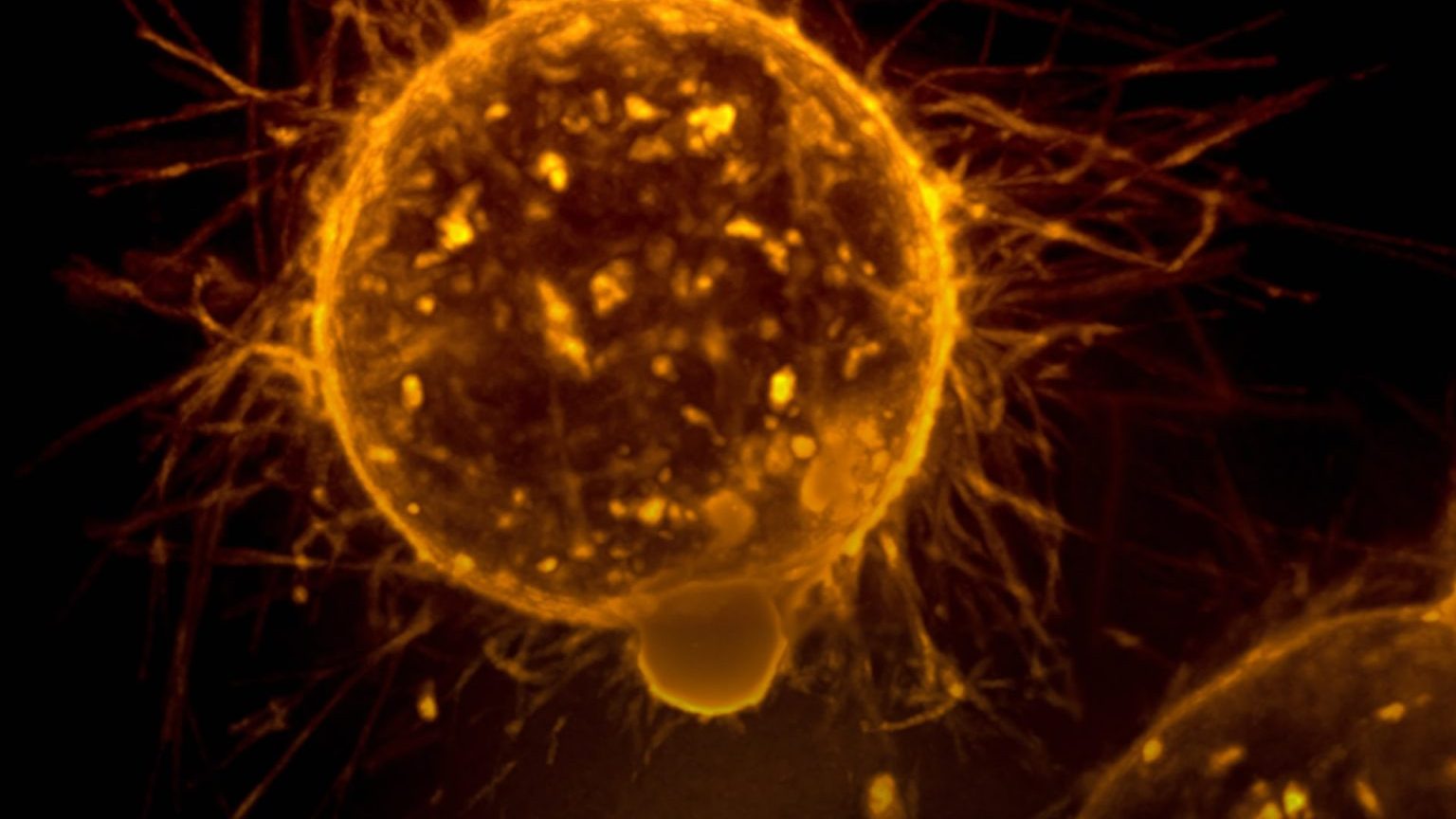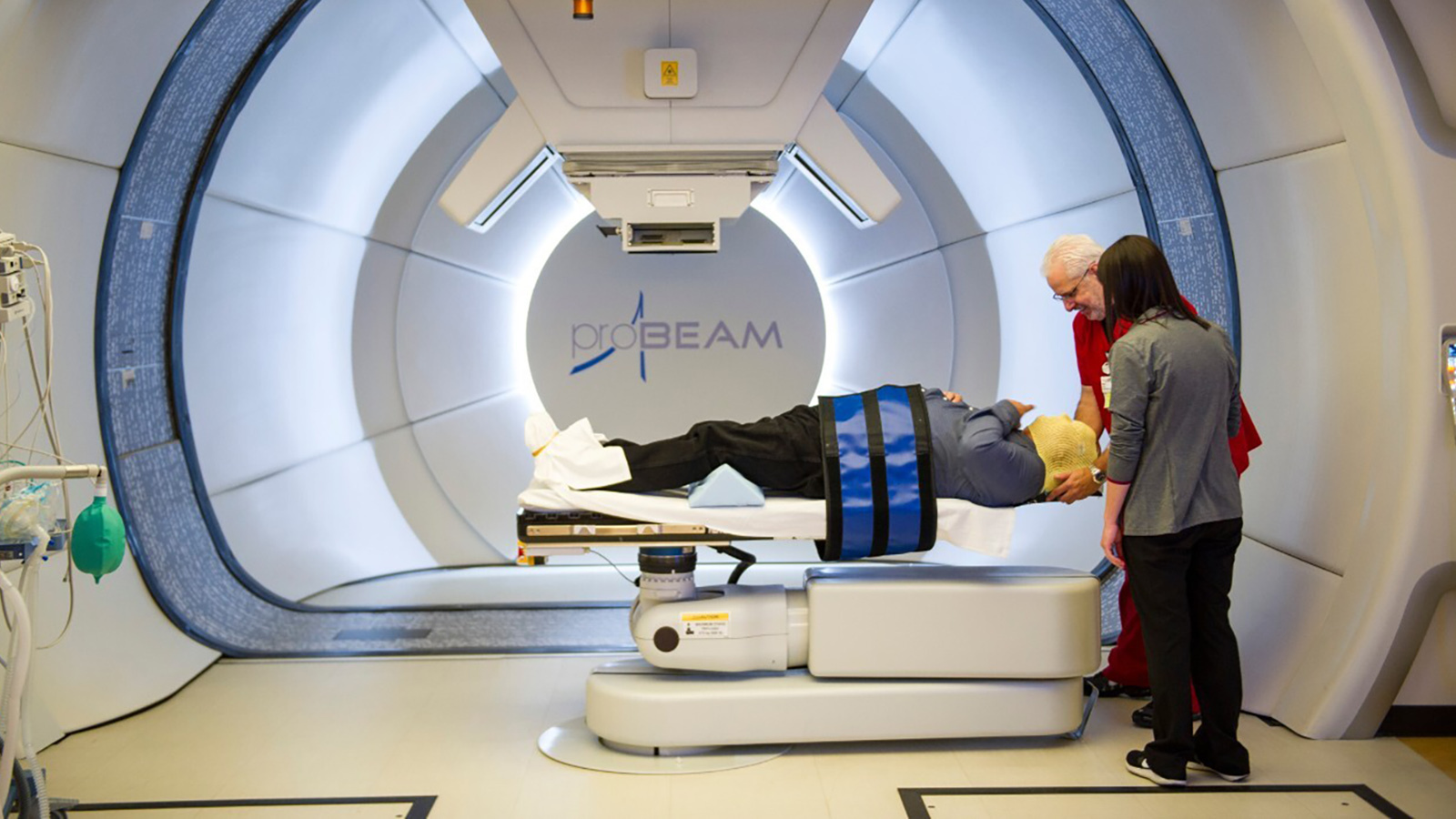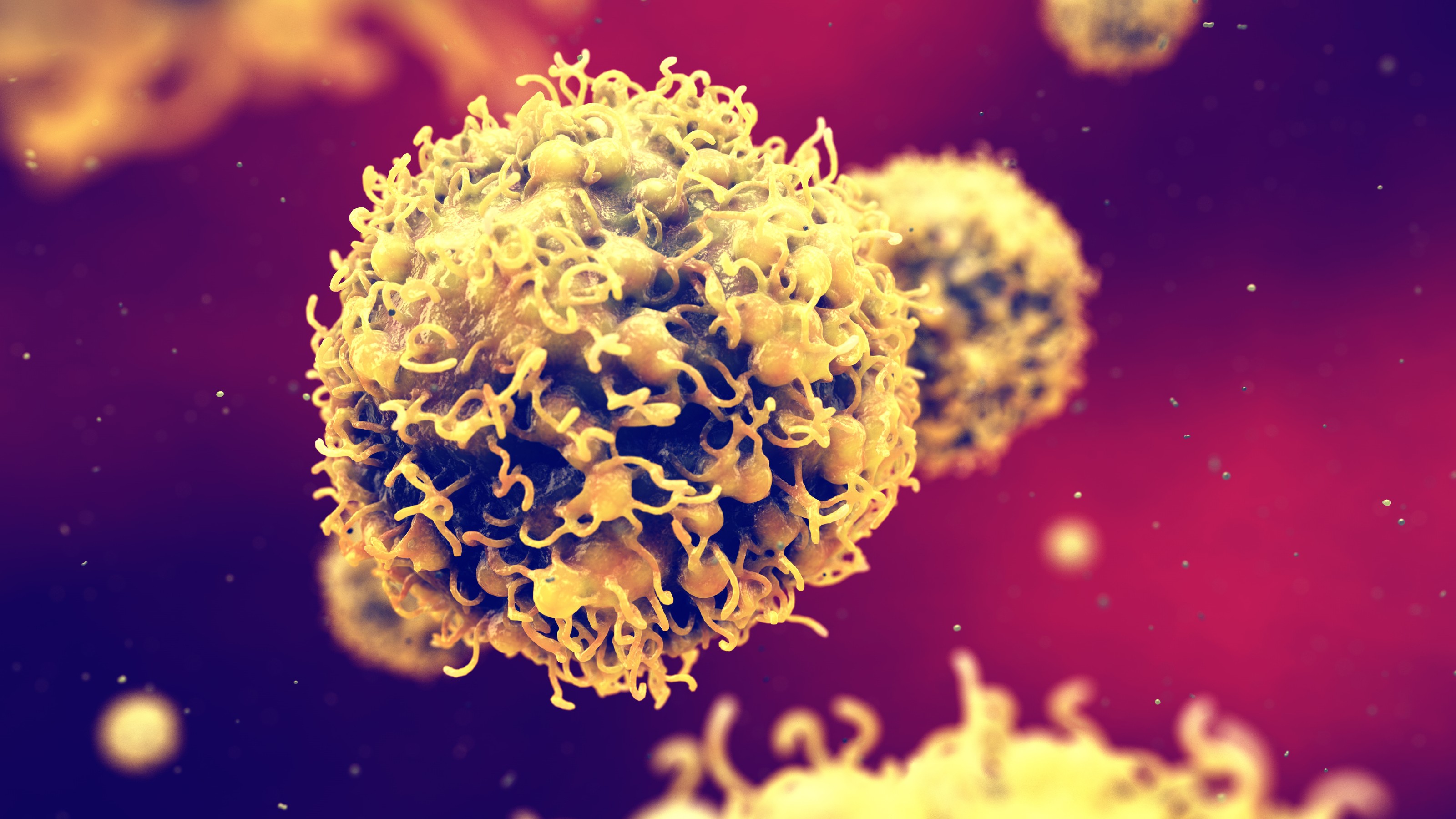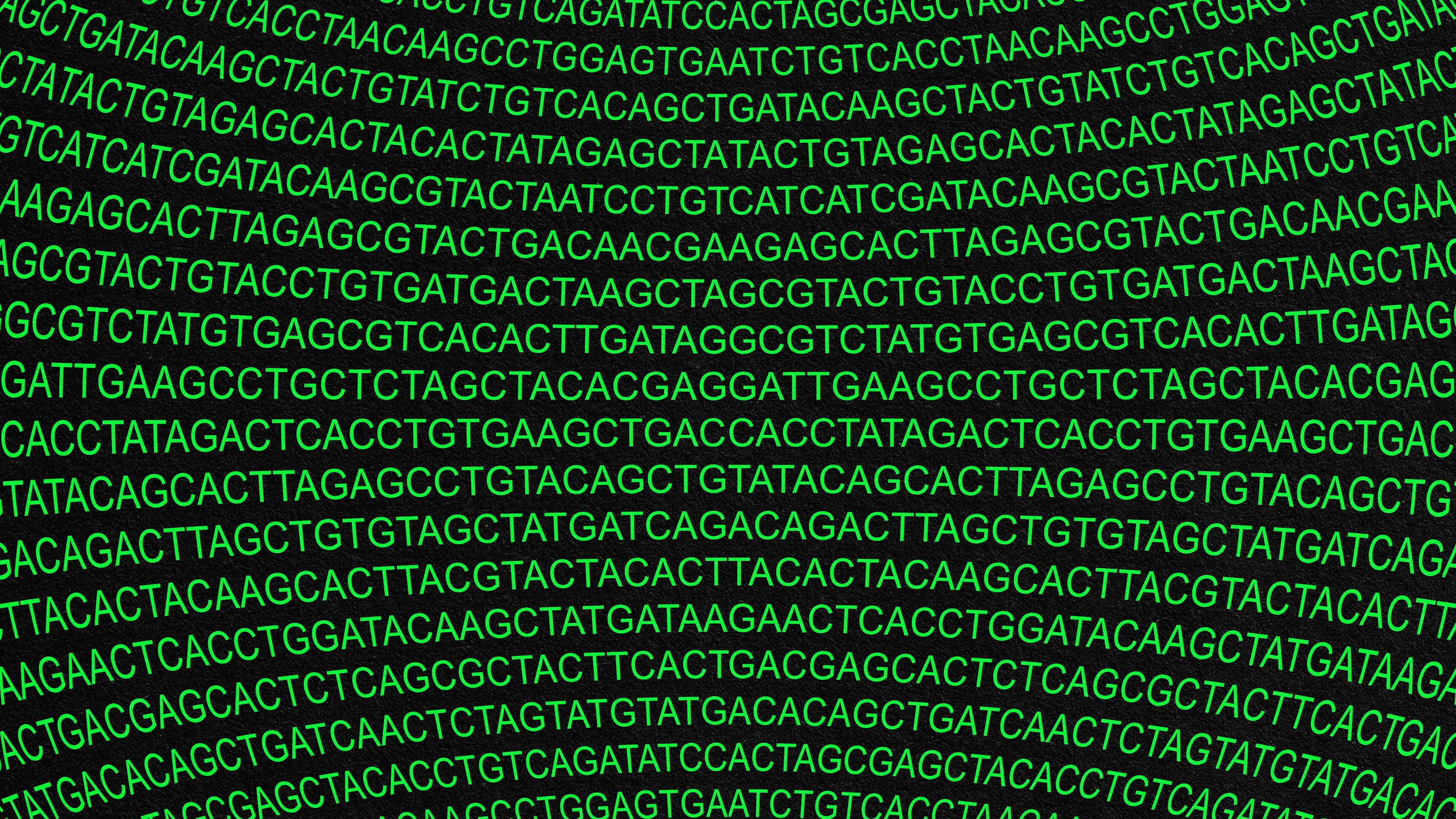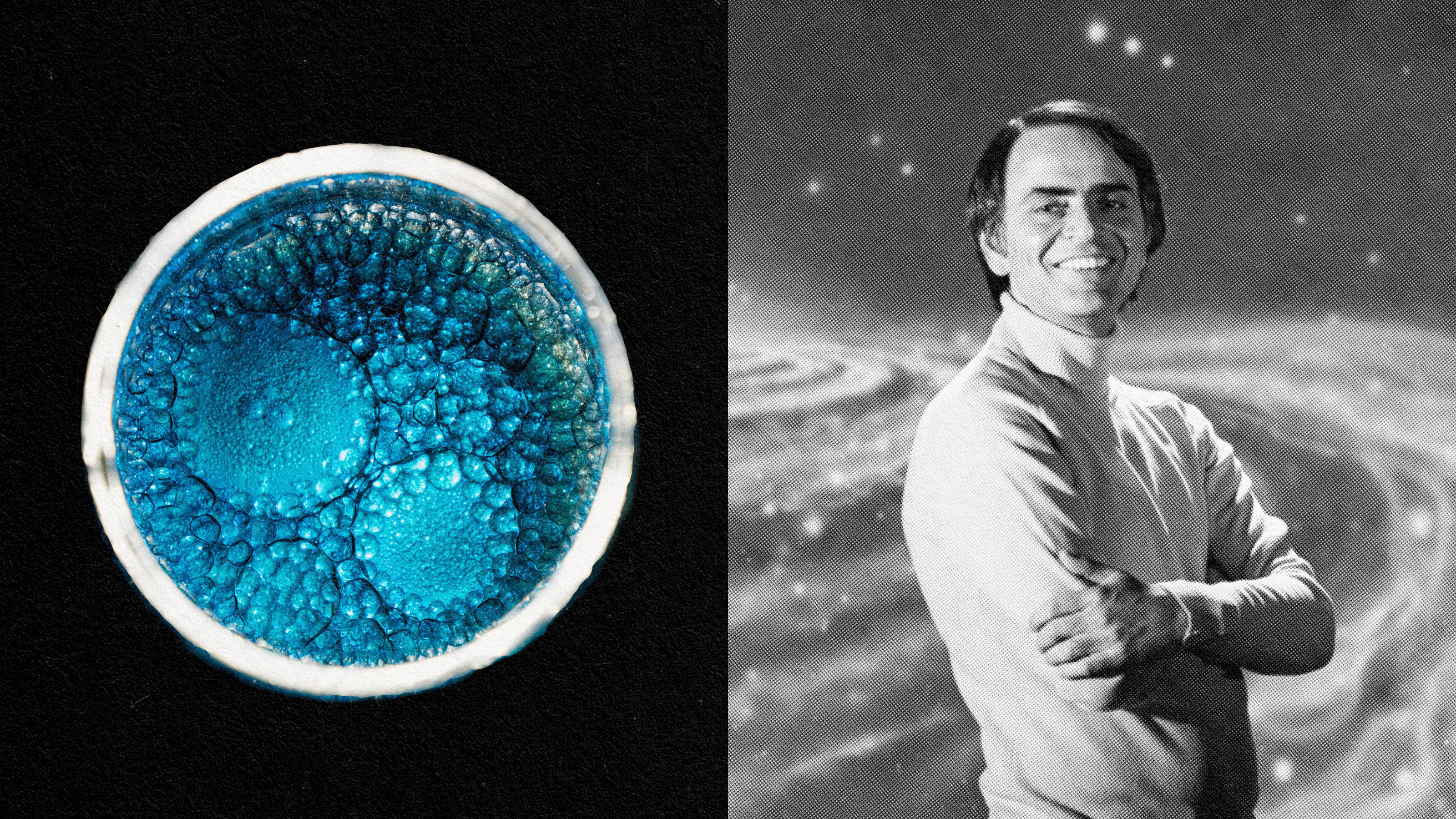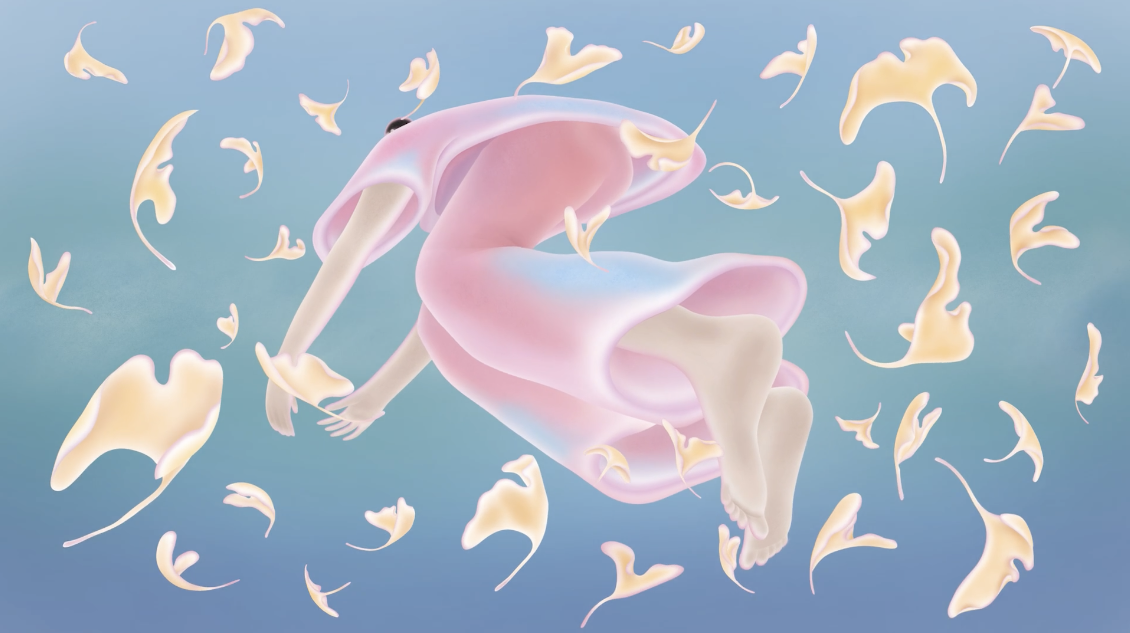Cancer cells hoard iron in unusually high quantities. Scientists have discovered how to leverage this to create safer cancer drugs.
Search Results
You searched for: cancer
The evidence that pollution causes cancer is weak. Lifestyle factors, like smoking, obesity, and alcohol, matter far more.
Cancer likes glucose. So take it away.
It could lead to earlier diagnoses, better treatment, and fewer deaths from pancreatic cancer, which kills 88% of patients within five years.
Unless you’re drinking a dozen diet sodas per day, you have nothing to worry about — and maybe not even then.
Positron emission tomography (PET) scans use positrons — the antimatter equivalent of an electron — to locate cancer in the body.
Epigenetic entropy shows that you can’t fully understand cancer without mathematics.
Scientists are finding tumor signals in spit that could be key to developing diagnostic tests for various types of cancer.
A new study provides the first proof-of-principle that genetic material transferred from one species to another can increase both longevity and healthspan in the recipient animal.
“The only options left were experimental approaches in clinical trials.”
What if AI could tell us we have cancer before we show a single symptom? Steve Quake, head of science at the Chan Zuckerberg Initiative, explains how AI can revolutionize science.
▸
5 min
—
with
Rapamycin is potentially the most powerful anti-aging drug ever discovered. However, due to its unlucky history, few know of it.
CRISPR, stem cells, and even cancer drugs are helping shape an AIDS-free future.
“Rational vaccinology” could lead to effective cancer vaccines.
The president identified developing MCED tests as a priority for the Cancer Moonshot.
To put things in perspective, the cost of sequencing a single genome in 2012 was around $10,000.
The miniaturization of particle accelerators could disrupt medical science.
This small phase 1 study suggests that CRISPR-engineered T cells are safe and potentially effective, but there is a long way to go.
Biotechnology can convert enemy viruses into anti-cancer mercenaries.
People with higher immune resilience live longer, resist diseases, and are more likely to survive diseases when they do develop.
Most patients with cancer die from metastasis. Stopping it would be a major advance in cancer therapy.
Tumor cells traverse many different types of fluids as they travel through the body.
There may be a faster, less-painful way to use radiation against cancer.
Certain cancers are striking earlier than they used to.
As cells divide, they must copy all of their chromosomes once and only once, or chaos would ensue. How do they do it? Key controls happen well before replication even starts.
A successful trial that tested a vaccine against bladder cancer in dogs could help develop a similar one for humans.
In polarized times, our shared cellular origin can unite us in solidarity and awe — from the embryonic scale to the grandest cosmic perspective.
End of life patients face mental health challenges uniquely existential and spiritual in nature — but psychedelics are emerging as a possible solution to relieve the suffering.
Fluphenazine, once used to treat schizophrenia, is capable of blocking a compound connected to chronic pain.
